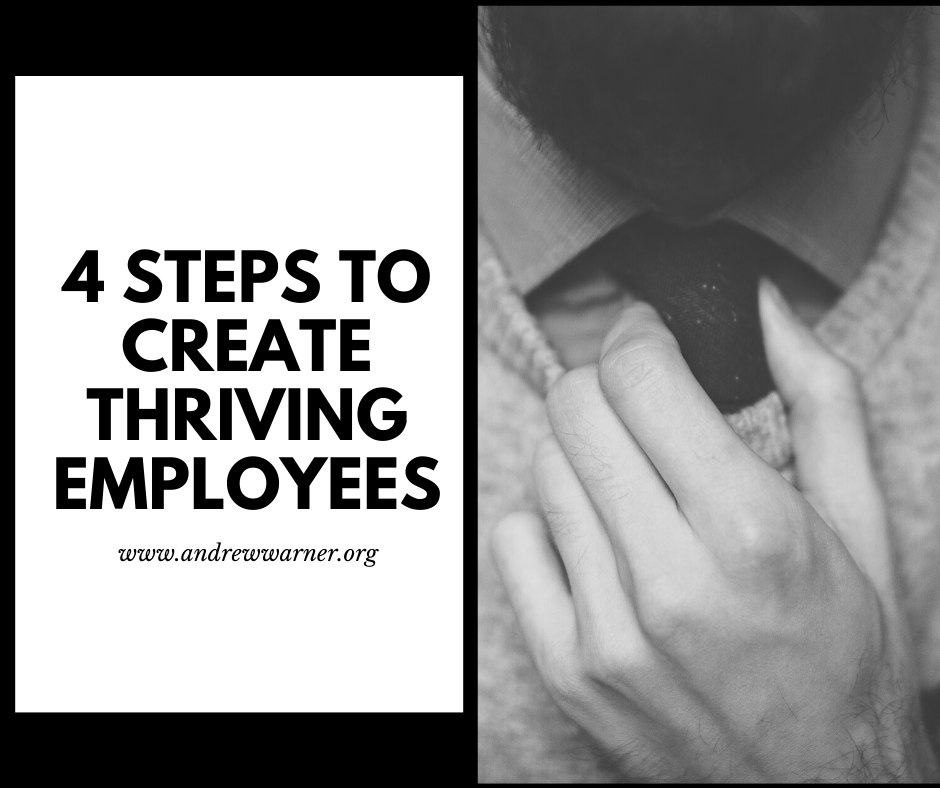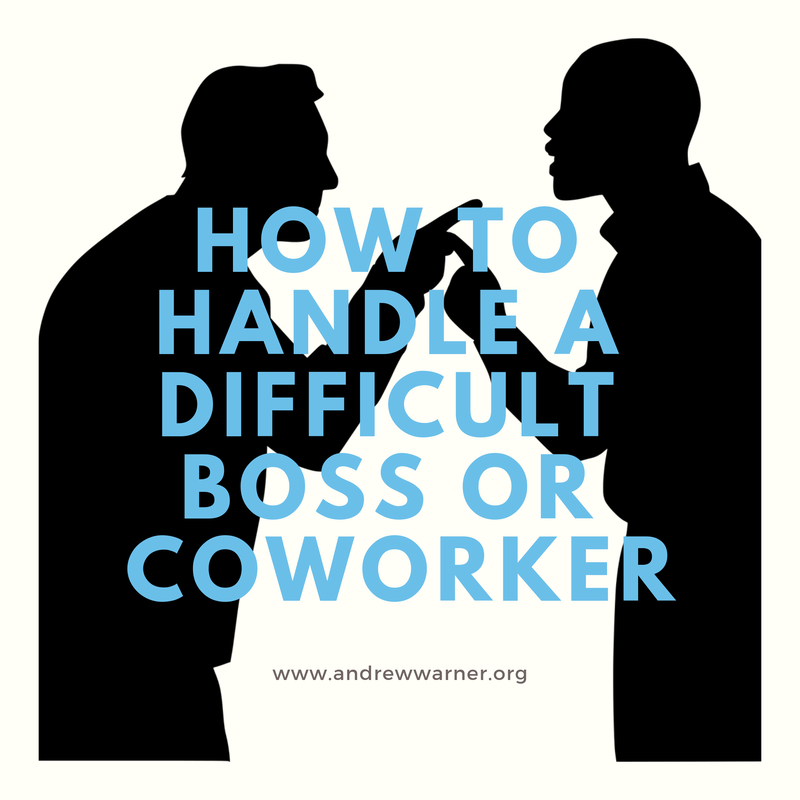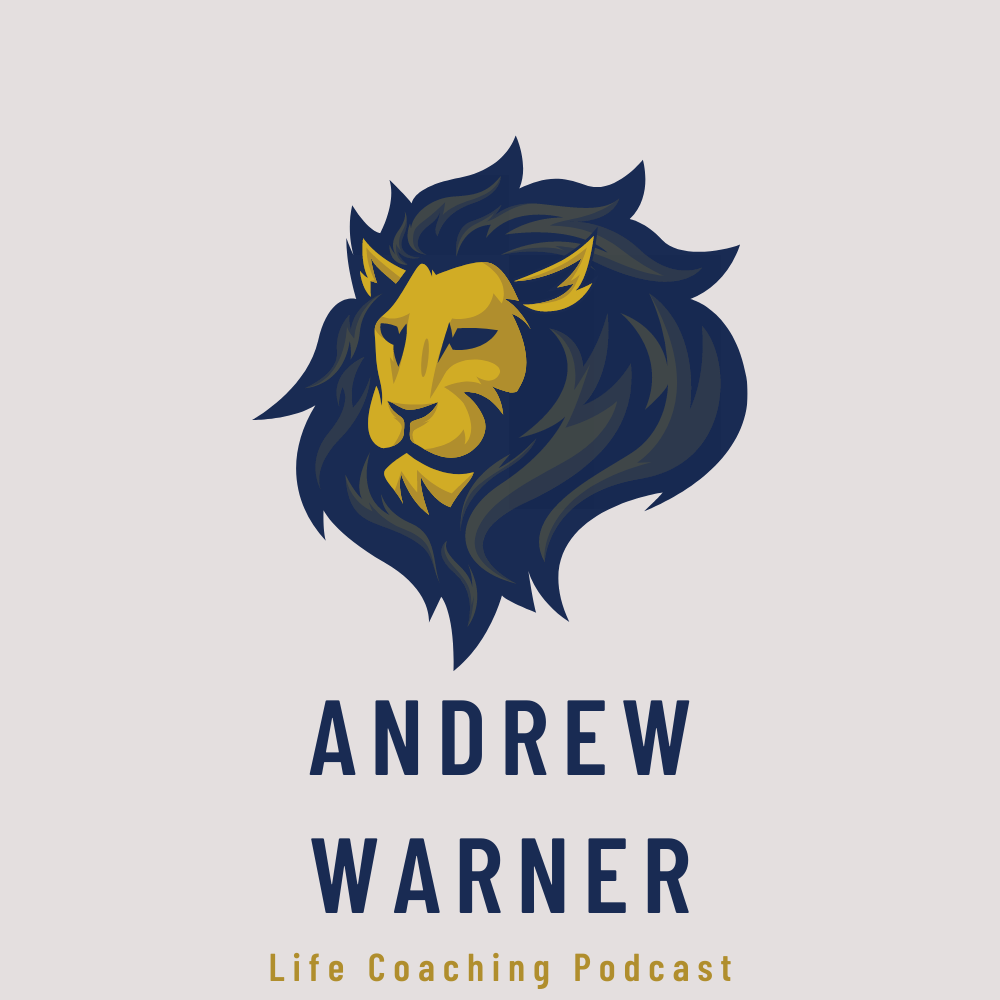|
When it comes to communication and building rapport, everyone does it a little differently. There are several ways we are innately different in communication – do you communicate better standing side by side or face to face? Do you like to talk during an activity like golf or racquetball, or do you prefer to sit down face to face with no distractions of movement?
Part of my work is helping people become better at communicating. I want my clients to match and thrive in any social setting, so that effective communication is never a barrier to their goals. Another part of my job is helping business leaders make sure that their workplaces accommodate various personality types, so they can make every employee thrive in a comfortable environment while concurrently developing their people’s communication skills to make the workplace more cohesive in the bigger picture.
2 Comments
89 percent of employees who work at companies that support well-being initiatives are likely to recommend their companies as a good place to work.
The American Psychological Association estimates that the American economy loses 500 billion dollars and 550 million workdays every year due to stress. Over the last decade, in large part due to newer, younger, companies like Google and the rest of the tech sector, employers have started to understand that company culture and employee happiness aren’t only important as a moral issue, but as an issue that drastically affects their bottom lines. “Goofy” ideas like nap pods, meditation, and life coaching have gone from flavors of the month to proven benefits in an amazingly short amount of time. In the Western business world, being late is a grave sin. It can lose you jobs, lose you clients, and generally tank your career and even your personal relationships.
This perspective that dominates the Western world has many benefits. It makes the trains run on time. It’s respectful to whoever your next meeting is with. It makes coordinating schedules relatively easy. It’s great for people who live in worlds with deadlines. People who love planners, organization, and order generally thrive in our culture - especially in business. Some people take this so seriously, that people will fire people, not hire people, and destroy relationships with people over tardiness or missed meetings. What’s interesting is that while we here in America think that’s just the way things are, there are cultures and individuals around the world that view time differently. Here, we might consider those people lazy or call them loafers, but we should just recognize it for what it is: a difference in how we experience the world. There's a fine line between knowing yourself and creating limiting identities or beliefs.
In the coaching world and the corporate HR world there is a lot of hype around personality types, enneagrams, introversion/extroversion, and other tools used to put people in neatly ordered boxes. These tests can be useful for us individuals because it helps us feel understood, can point us in the right direction for our current skill set, and even point out our weaknesses and limitations so we can improve. Managers and executives like these tests because they help them put people into boxes and order us appropriately so that we flourish under their leadership. So on the surface everyone wins with these tools. Like everything, there is a downside and these tests often become a problem for people. It becomes a problem because when you put people into behavioral boxes, they tend to accept their new confines and their growth becomes stifled. Whether you are in business or in sports, it's important to know that hiring someone immensely talented and successful is not always the best thing for your organization.
If you follow sports, you know the story of Antonio Brown. If not, know that he is one of the best to ever his play his position in his sport. Despite his talent and his measurable success on the field, his last team gave him away and essentially burned millions of dollars just to get him out of their locker room and save their team culture. Another team, perhaps driven by desperation or hubris, brought Brown in - hoping that their situation would be different or that their leadership was strong enough to maintain harmony when adding a big personality. This isn't exclusive to sports. I've seen businesses, especially sales organizations, hurt their company culture to accommodate a sale person or a hot shot executive with amazing metrics time and time again. There’s a scene in the classic comedy Zoolander where the main character’s life has fallen apart. He has had a singular focus his entire life - on his modeling career - and he feels that modeling career slipping away from him. He then sees his reflection and in a puddle and contemplates out loud “Who am I?” As a kid I watched this movie a ton with my friends and my brothers and now this question has become a jokingly serious mantra around my house.
Something I am constantly doing in my own life, and encouraging my clients to do, is evaluating and re-evaluating my values and goals. This is doubly true when I am at a crossroads or transition in your life as the lack of clarity will cause you much more stress in your moments of decision. Almost everyone at some point in their life had a co-worker or a boss who was difficult to get along with (or just downright hateable). At its core, a professional relationship between two people isn’t really different than a friendship or a romantic relationship with someone - other than the fact that it feels forced because you both need to be there for other reasons like having to pay your bills. And when we recognize this, we have tremendous opportunity to grow in our professional lives by treating these office problems as the interpersonal problems they truly are.
People today are working so hard that burnout is on the tip of all our tongues -especially those of us who are students of exceptional performance or are exceptional performers ourselves.
Hard work has always been valued in our culture, but has made a strong comeback with the “hustle culture” promoted by personalities like Gary Vaynerchuk (who clearly leans on tip 3 and 4 btw). The thing about hard work is that, like almost anything, it is a skill that people need to practice to become proficient. If you don’t master the skill of working hard then you’re going to flame out or burn out and people who are burnt out aren't going to inspire people with their performance. If you have been feeling down about your job or are thinking about moving on or starting a new career, then you're probably burnt out. Here are the best ways to deal with your burnout: |
Andrew WarnerYour life coach. The Andrew Warner Podcast:Archives
November 2021
Categories
All
|
CompanyLife coach based out of Indianapolis, IN but helping people everywhere.
|
|










 RSS Feed
RSS Feed